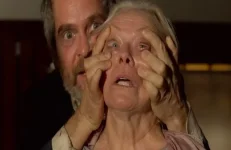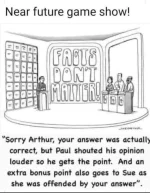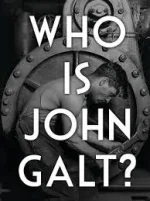The only problem with your comment is, you are unable to refute the number of "cherries" you mention:
I suggest you take some time and do some research concerning our Founder's (plural) view on "democracy":
Madison, in Federalist No. 10 says in reference to “democracy” they
"…have ever been found incompatible with personal security or the rights of property; and have in general been as short in their lives as they have been violent in their deaths. Theoretic politicians, who have patronized this species of government, have erroneously supposed that by reducing mankind to a perfect equality in their political rights, they would, at the same time, be perfectly equalized and assimilated in their possessions, their opinions, and their passions."
And during the Convention which framed our federal Constitution, Elbridge Gerry and Roger Sherman, delegates from Massachusetts and Connecticut, urged the Convention to create a system which would eliminate "the evils we experience," saying that those "evils . . .flow from the excess of democracy..."
And Samuel Adams, a signer of the Declaration of Independence and favoring the new Constitution declared:
“I do not say that democracy has been more pernicious on the whole, and in the long run, than monarchy or aristocracy. Democracy has never been and never can be so durable as aristocracy or monarchy; but while it lasts, it is more bloody than either. … Remember, democracy never lasts long. It soon wastes, exhausts, and murders itself. There never was a democracy yet that did not commit suicide." ___ The Letters of John and Abigail Adams
Also during the Convention, Hamilton stated: "We are a Republican Government. Real liberty is never found in despotism or in the extremes of Democracy."
And then there was Benjamin Franklin, who informed a crowd when exiting the Convention as to what system of government they created, he responded by saying "A republic, if you can keep it."
Democracy, or majority rule vote, as the Founding Fathers well knew, whether that majority rule is practiced directly by the people or by elected representatives, if not restrained by specific limitations and particular guarantees in which the unalienable rights of mankind are put beyond the reach of political majorities, have proven throughout history to eventually result in nothing less than an unbridled mob rule system susceptible to the wants and passions of a political majority imposing its will upon those who may be outvoted, and would result in the subjugation of unalienable rights, and especially rights associated with property ownership.







